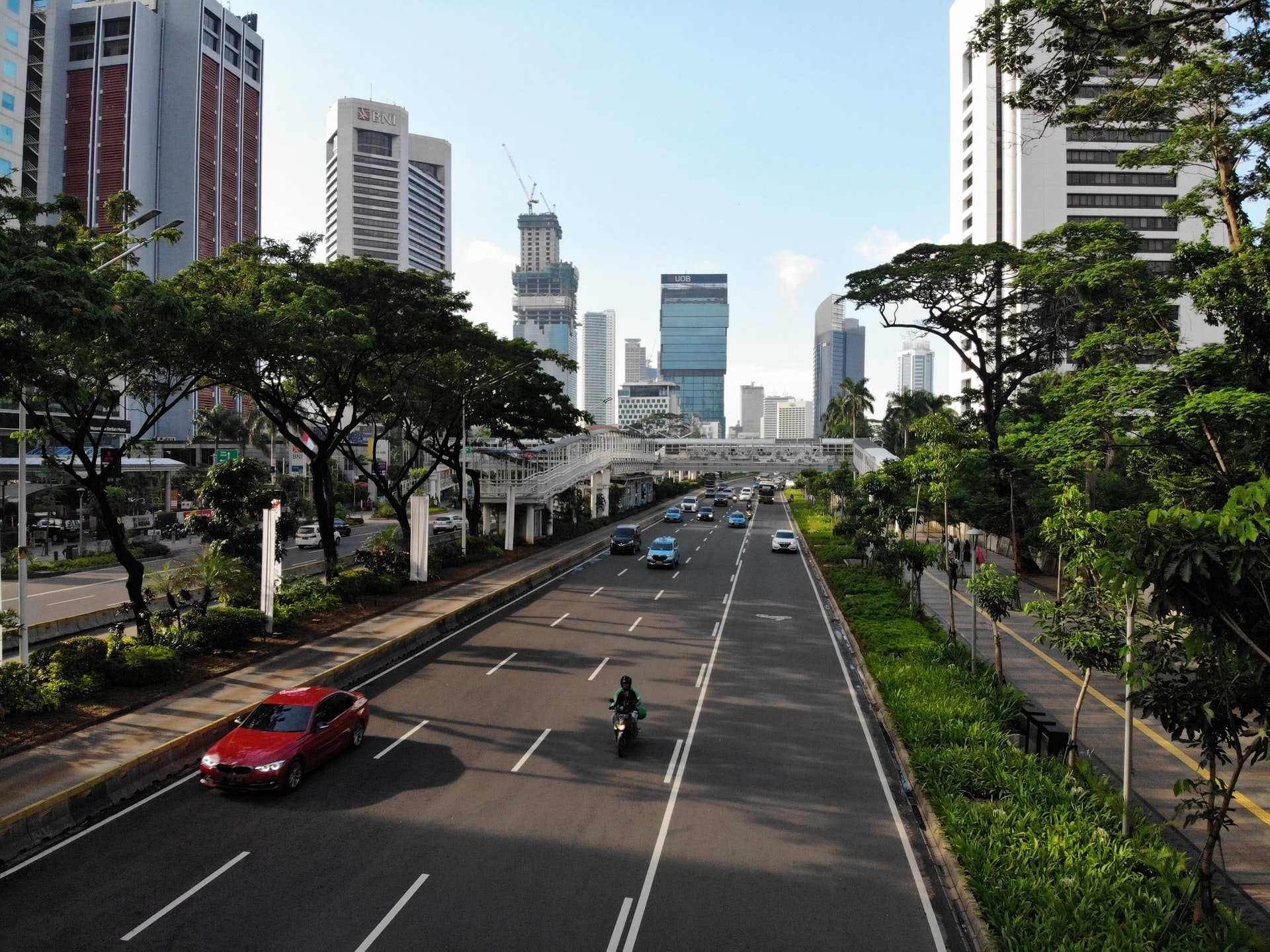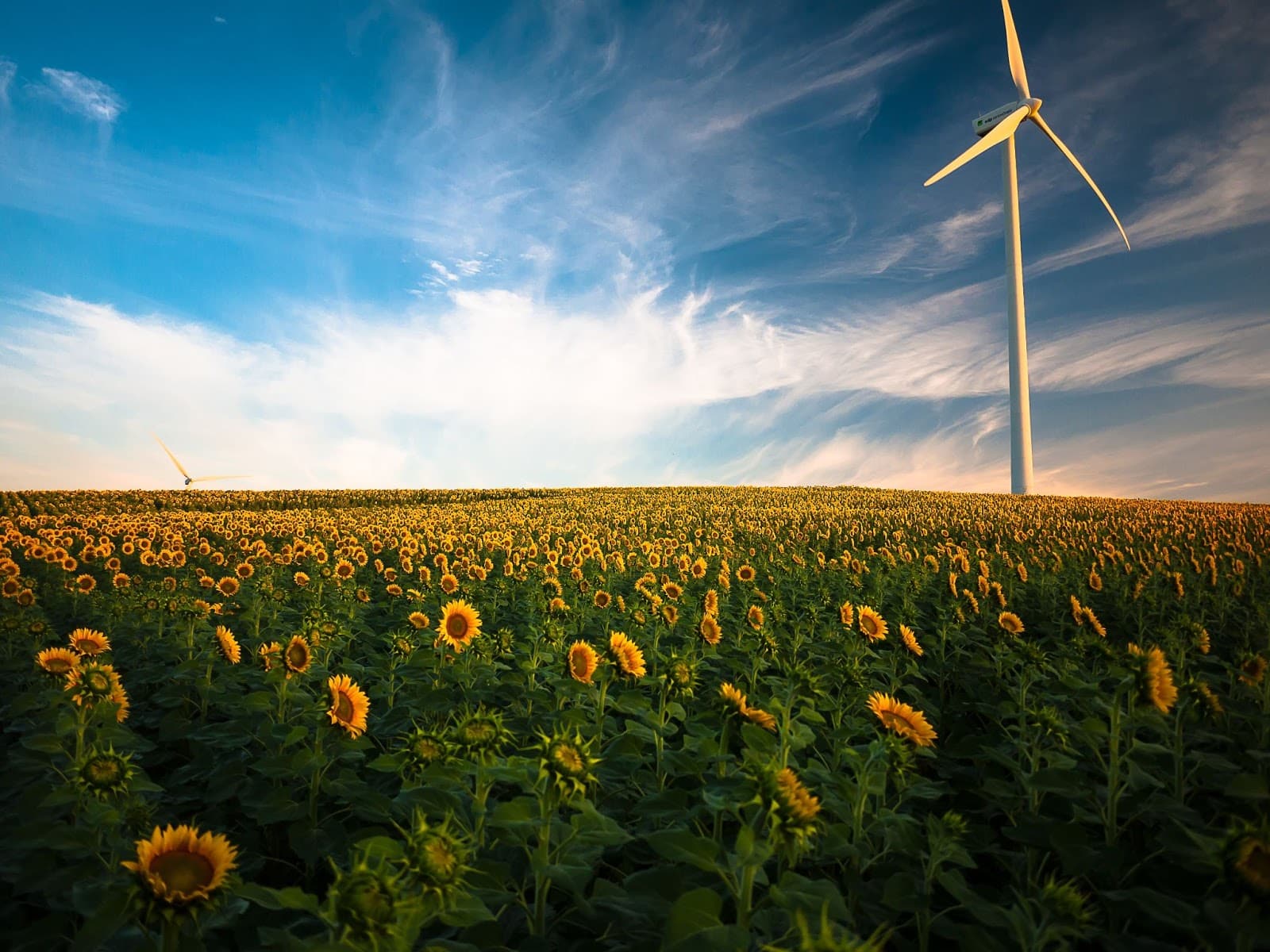
Vegan Fashion: What Is It & Is It Eco-Friendly?

Contrary to what you may think, veganism is a lifestyle beyond dietary choices. For vegans, it is crucial animal products, including derivatives such as beeswax or wool, are excluded from their homes and habits. It also means you want your beauty products, clothes, and everyday essentials to be cruelty-free, thus not harming any living creatures in the process.
The underlying reasons for choosing a vegan lifestyle are numerous, whether cultural or philosophical, and have existed for as long as humanity has. Nowadays, a growing number of people are looking for vegan products and garments for a different motive: to reduce the harm done to the environment.
Whether you are a convinced vegan or flexitarian, this article intends to shed light on how vegan fashion, under certain conditions, can indeed be part of the solution towards more sustainable and ethical consumption.
Lastly, we do not intend to blame or pinpoint flaws but rather encourage you to become more curious and aware of your purchases. Remember all our choices combined send a solid message to turn fair trade and eco-friendly fashion into the new norm.
Why Vegan Fashion?
Animal Welfare
The main advantage of buying vegan clothing is the guarantee no animal(-derived) products were involved in the process.
When it comes to vegan fashion, there are plenty of vegan clothes available and enough information for you to make a sound decision. For instance, Puratium, a digital hub for details on eco-friendly brands (including vegan brands) is a great resource. A good example is in their article on Vegan Winter Boots: Sustainable Options to Keep Your Feet Warm, where Laura talks about the logic you should follow when assessing a brand.
However, bear in mind it does not necessarily mean this given product was not tested on animals. Even though the label ‘cruelty-free’ is becoming a global standard, ensure the brand or company you buy from is regularly audited by a third party in this regard.
Conventional Fashion’s Environmental Impact
Conventionally made clothes (and, even more, those labeled as fast fashion) transformed shopping into an affordable hobby. However, it comes at a substantial environmental and human cost.
Even though it is impossible to summarize this complex matter in a few sentences, we can only encourage you to distance yourself from these type of clothes.
Did you know the fashion industry is responsible for 10% of the world’s carbon emissions? Yes, that is more than all flights and maritime shipping combined.
Most of us are typically less aware of our clothes’ impact on the planet than more widely obvious behaviors, such as long flights or single-use plastic items.
In addition to its high carbon emissions rates, fast fashion (including vegan fashion, to certain extent) contributes to polluting our oceans and water sources with non-biodegradable (micro)plastics. These plastics are often ingested by marine life, thus leading to death by starvation, to name one awful consequence.
All in all, the message to remember is to choose slow fashion brands that put animal welfare, workers, and our planet first in their business model.
When Vegan and Eco-Friendly Fashion Meet
It’s understood it is a combination and high concentration of the below features that makes a brand vegan or product truly ‘eco-friendly.’ However, the below list of eco-friendly features needs to be considered with caution.
Even if the vegan logo ensures animals’ safety, the environmental footprint and human cost (child labor, indecent working conditions, shipping, deforestation, toxic chemicals, hard-to-recycle waste, to name a few) still might exceed the benefits of simply choosing vegan.
Materials and Their Origins
Vegan fashion, and fast and cheap vegan fashion in particular, often use plastic-based fabrics instead of leather, wool, silk, or fur. However, beyond the questionable practices surrounding animals’ treatment and the wish for vegan brands to avoid these complex issues, these alternatives are not so harmless for the environment.
According to sustainable fashion experts, recycled cotton, organic linen, and organic hemp are today’s most eco-friendly fabrics. Good news, these are plant-based materials and thus vegan friendly. The second place of the podium goes to recycled plastic such as recycled PET (plastic bottles) – also vegan alternatives.
Choosing the right eco-material for your clothes is crucial, and so is their origin. Be mindful of the underlying – often complex – issues behind, such as, raw materials extraction, deforestation, and biodiversity loss. This is particularly the case for bamboo and palm-based products.
As customers, one of the workarounds is for you to opt for brands and companies that have received trustworthy certifications, such as B Corp, GOTS, or Cradle-to-Cradle.
Lastly, CSF and Leaping Bunny are recommended amongst the most reliable cruelty-free standards thanks to their recurrent reaccreditations.
Waste
As detailed above, conventional fashion, and fast fashion in particular, comes at a heavy price for the planet and its living creatures.
Preferring fair trade and sustainable vegan fashion can only be a success if you consider the waste and pollution surrounding the manufacture, shipping, and end-of-life aspects. As part of the circular economy’s principles, opt for brands focused on making significant waste reduction and recycling efforts, including packaging-wise.
As eco-conscious customers, you can contribute to this effort by mending your clothes and buying second-hand items close to your location.
Traceability & Ethics
Ensuring animals’ welfare is crucial, but so are the workers’ working conditions and our environment’s protection. Before buying vegan clothes, take time to read the brand’s social and environmental reports.
As explained under the materials section, always try to understand precisely what the clothes are made of and whether this fabric is on the ‘to-be-avoided list’: conventional nylon and polyester, glitter and fleece, to name a few examples.
Similarly, it is just as important to find out about the factory’s location and working conditions.
Thus, be mindful of greenwashing’s pitfalls: a brand can be ‘green’ for its willingness to reduce its carbon footprint, but not so transparent regarding the manufacturing process and its fabrics’ exact origin.
Final Thoughts
Modern vegan fashion entails a lot more than animal-free or cruelty-free labels. It is about eco-conscious choices behind a method, a fabric, or a factory.
Regardless of your personal values, we can only encourage you to opt for brands proven to be ambassadors of slow fashion and slow, clean beauty.
Even though today these earth-friendly products are typically more expensive, we hope you will consider them a long-term, beneficial investment for you and our planet.



Post a comment